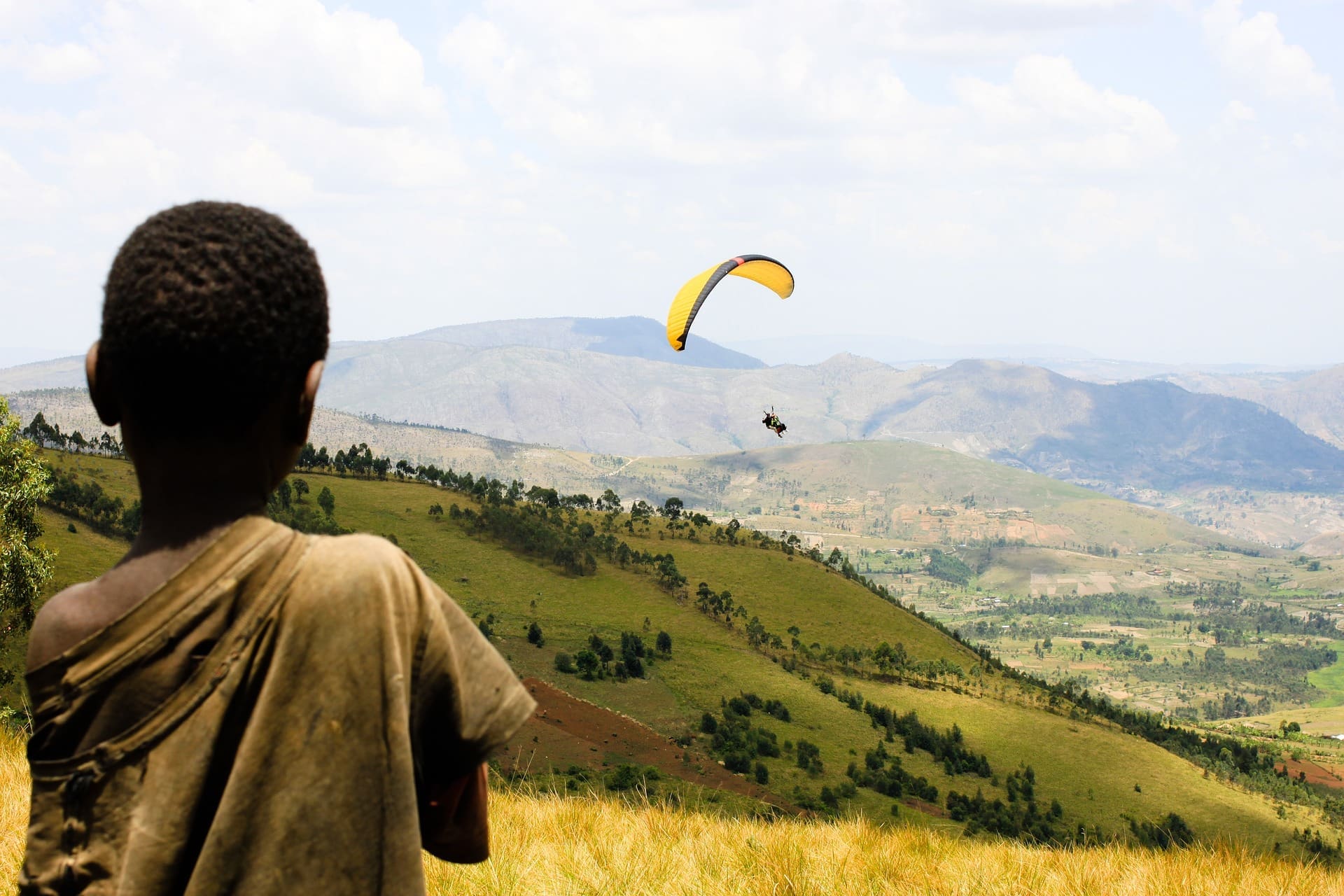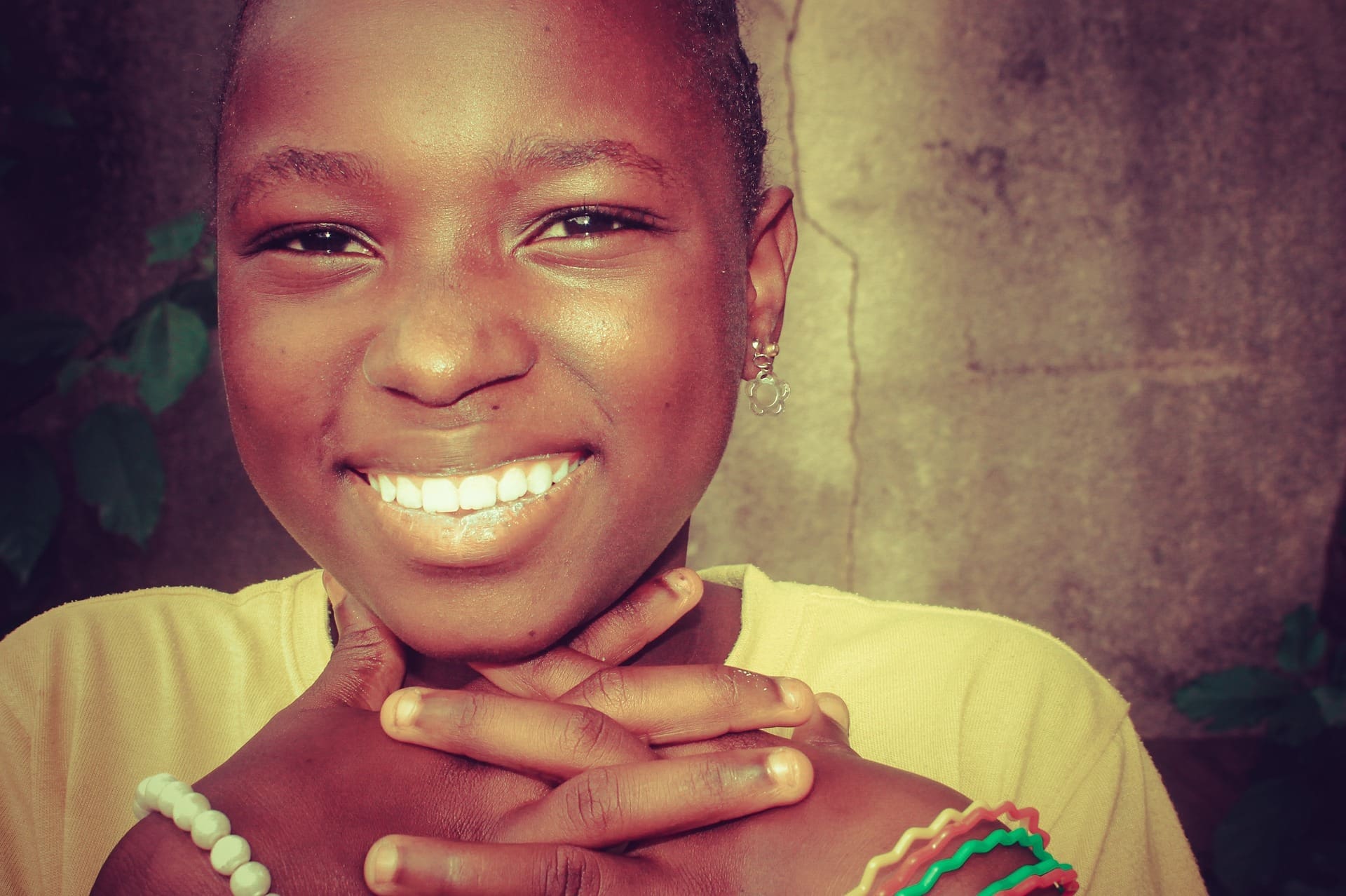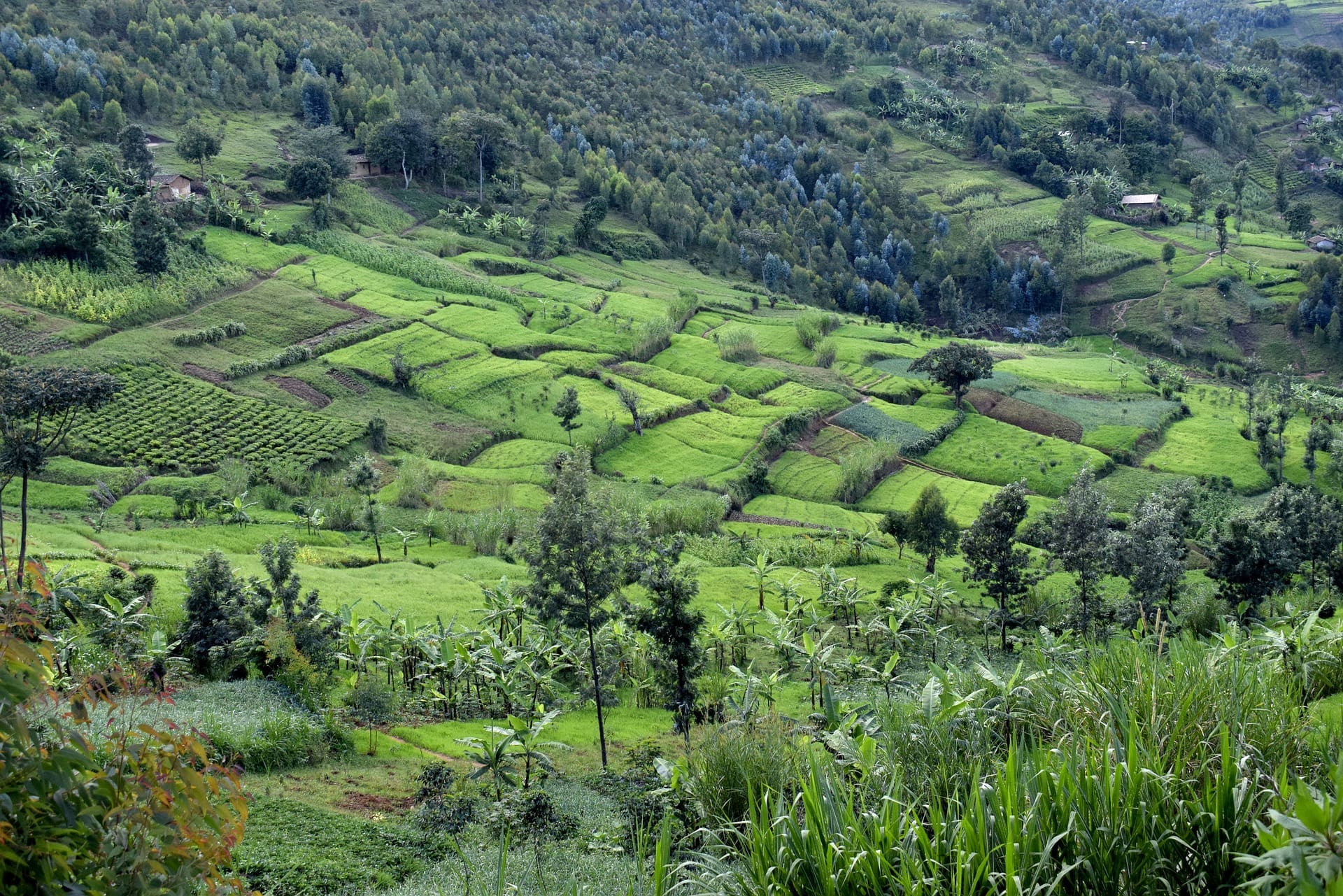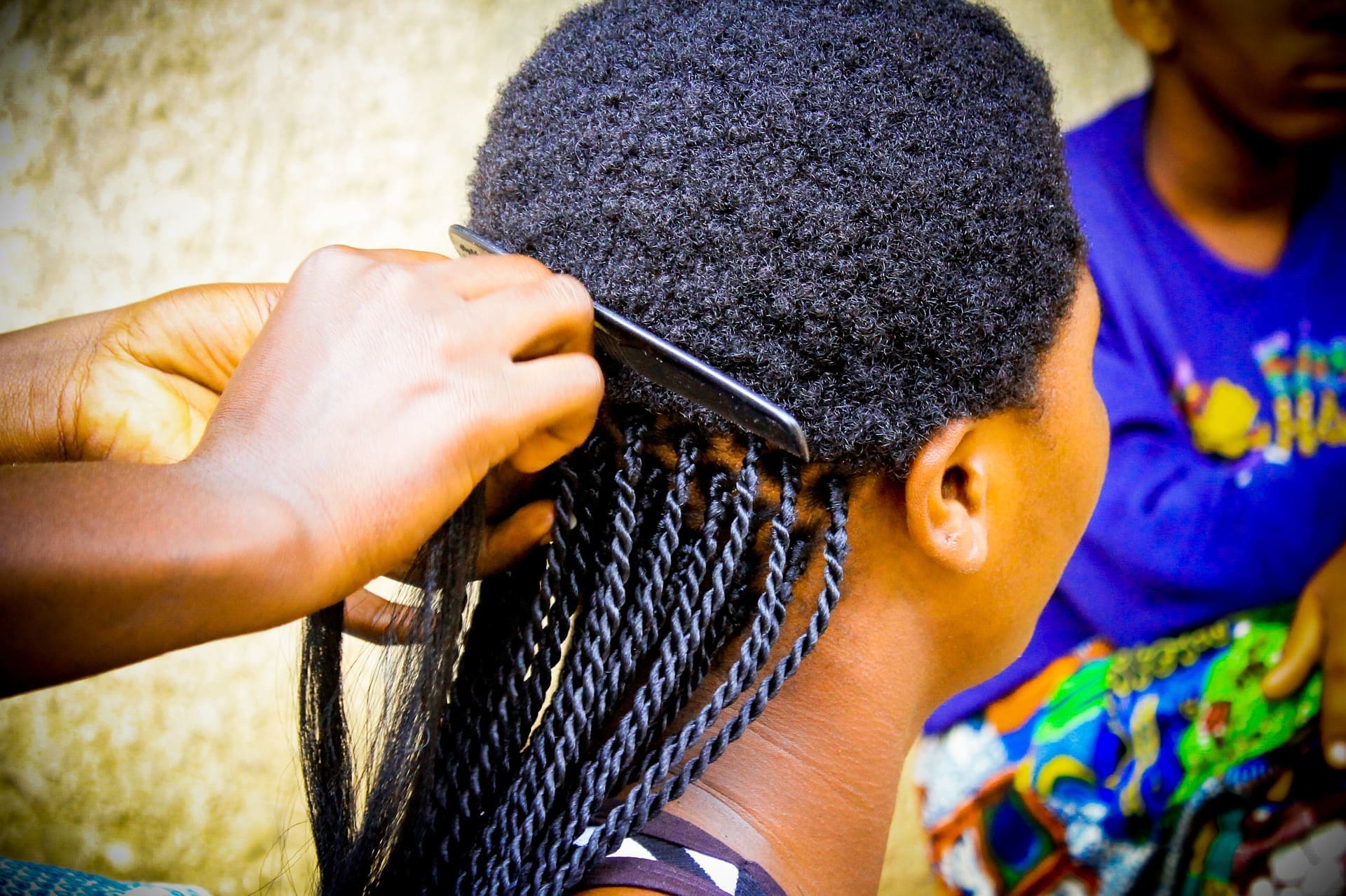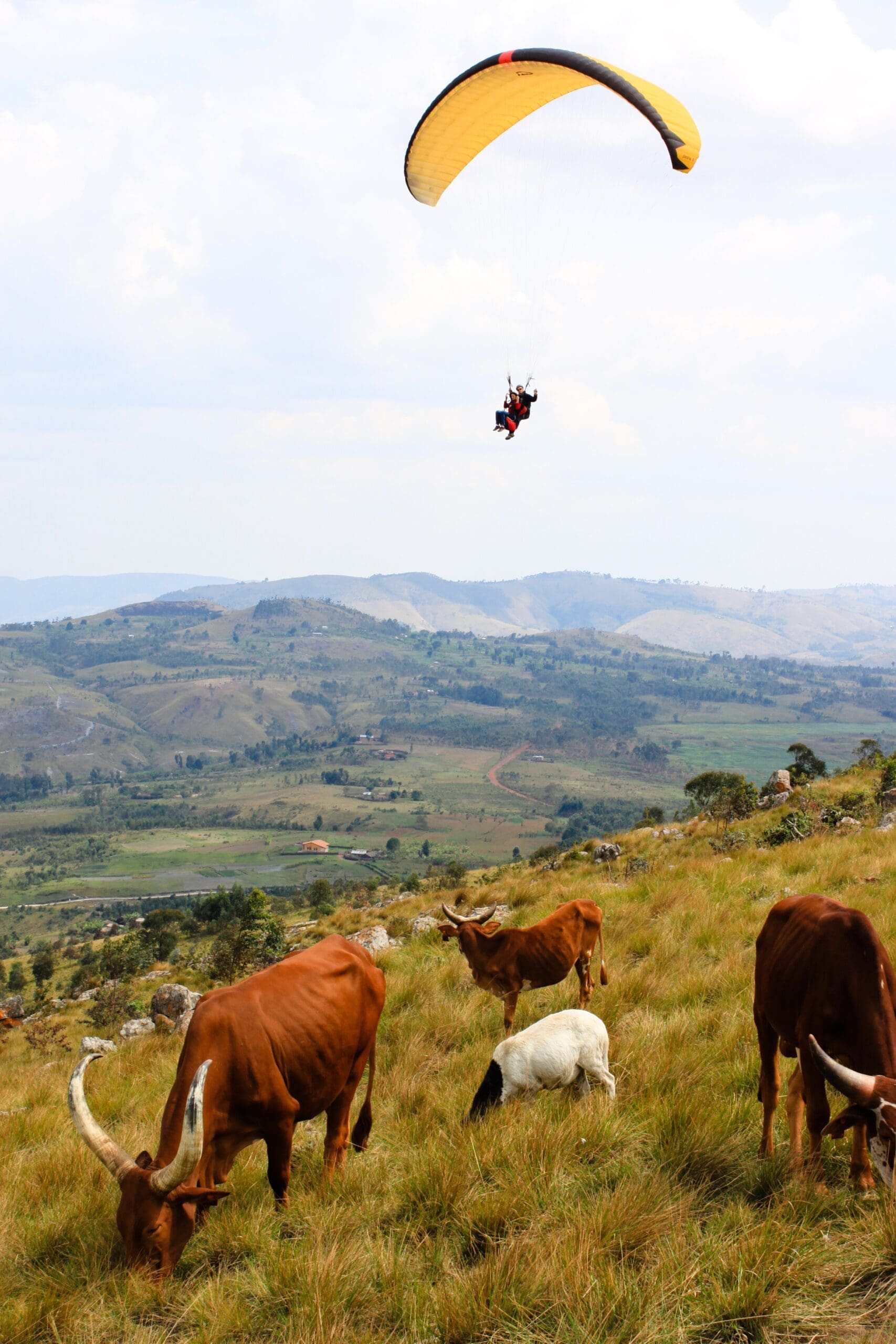Burundi
mountainous, diverse, cultural, landlocked, coffee
About Burundi
Culture and Religion
Where to go
How to get there
Visa Requirements
Travelling Budget
About Burundi
Burundi, officially known as the Republic of Burundi, is a small landlocked country located in East Africa. It shares borders with Rwanda to the north, Tanzania to the east and south, and the Democratic Republic of the Congo to the west. The country is known for its stunning landscapes, characterized by rolling hills, mountains, and beautiful lakes.
Burundi has a rich cultural heritage, with over 80% of the population belonging to the Hutu ethnic majority, while the remaining population consists mainly of the Tutsi and Twa ethnic groups. The official languages are Kirundi and French. Traditional Burundian culture is still strongly preserved in the form of music, dance, and crafts.
The economy of Burundi is primarily agricultural, with the majority of the population engaged in subsistence farming. Coffee is one of the main cash crops, accounting for a significant portion of the country’s export earnings. Despite its fertile land and agricultural potential, Burundi faces challenges such as limited access to markets, lack of infrastructure, and political instability, which have hindered its economic growth.
Burundi has faced periods of political turmoil and ethnic tensions, including a civil war that lasted from 1993 to 2006. The country has made progress towards stability and peace since then, but challenges in governance and human rights continue to be addressed.
Burundi is also known for its stunning natural beauty, including the picturesque Lake Tanganyika, which offers opportunities for fishing, boating, and relaxation. The Kibira National Park and Rusizi National Park provide habitats for diverse wildlife, making them ideal destinations for nature lovers.
Overall, Burundi is a country with a fascinating cultural heritage, breathtaking landscapes, and a resilient population striving towards social and economic development.
Culture and Religion
Burundi has a vibrant and diverse cultural heritage that is deeply rooted in its history and the traditions of its various ethnic groups. The Hutu, Tutsi, and Twa are the main ethnic groups in the country, each with their own distinct customs and beliefs.
Traditional Burundian culture places a strong emphasis on communal values, respect for elders, and a sense of community. Music and dance play a central role in Burundian culture, with drumming being an integral part of celebrations and ceremonies. Traditional dances, such as the Intore dance, are performed during important events and festivals.
Religion in Burundi is predominantly Christianity, with Roman Catholicism being the largest denomination. Protestantism and other forms of Christianity are also practiced. However, traditional indigenous beliefs, which involve ancestral worship and belief in spirits, still have a presence in some rural areas and are often blended with Christian practices.
Religious ceremonies and rituals are an integral part of Burundian culture, and they play a significant role in various life events such as births, marriages, and funerals. These ceremonies are often accompanied by traditional music, dance, and feasting.
It is important to note that due to historical events and ethnic tensions, religious affiliation has sometimes been associated with ethnic identity, leading to conflicts in the past. Efforts have been made to promote religious tolerance and unity in the country, and events that celebrate religious diversity are organized to foster understanding and harmony among different religious communities.
Overall, Burundi’s culture is a rich tapestry of diverse traditions, religious practices, and a strong sense of community, all contributing to the cultural identity and resilience of the Burundian people.
Where to go
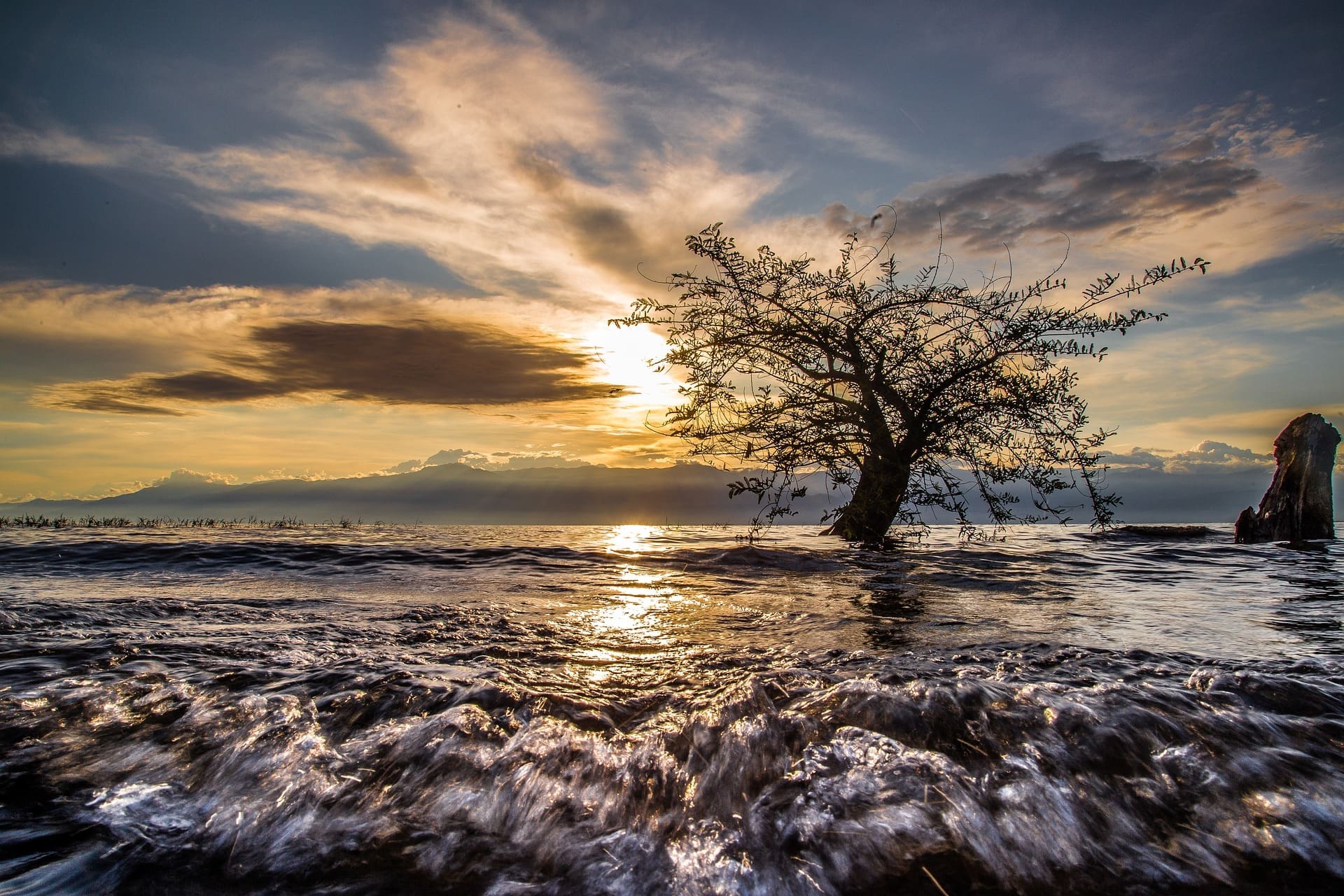
Lake Tanganyika
Located along Burundi’s western border, Lake Tanganyika offers scenic beauty and opportunities for relaxation and water activities. It is one of the world’s largest freshwater lakes and provides stunning views, crystal-clear waters, and sandy beaches. Visitors can swim, snorkel, go fishing, or simply enjoy the tranquil surroundings.
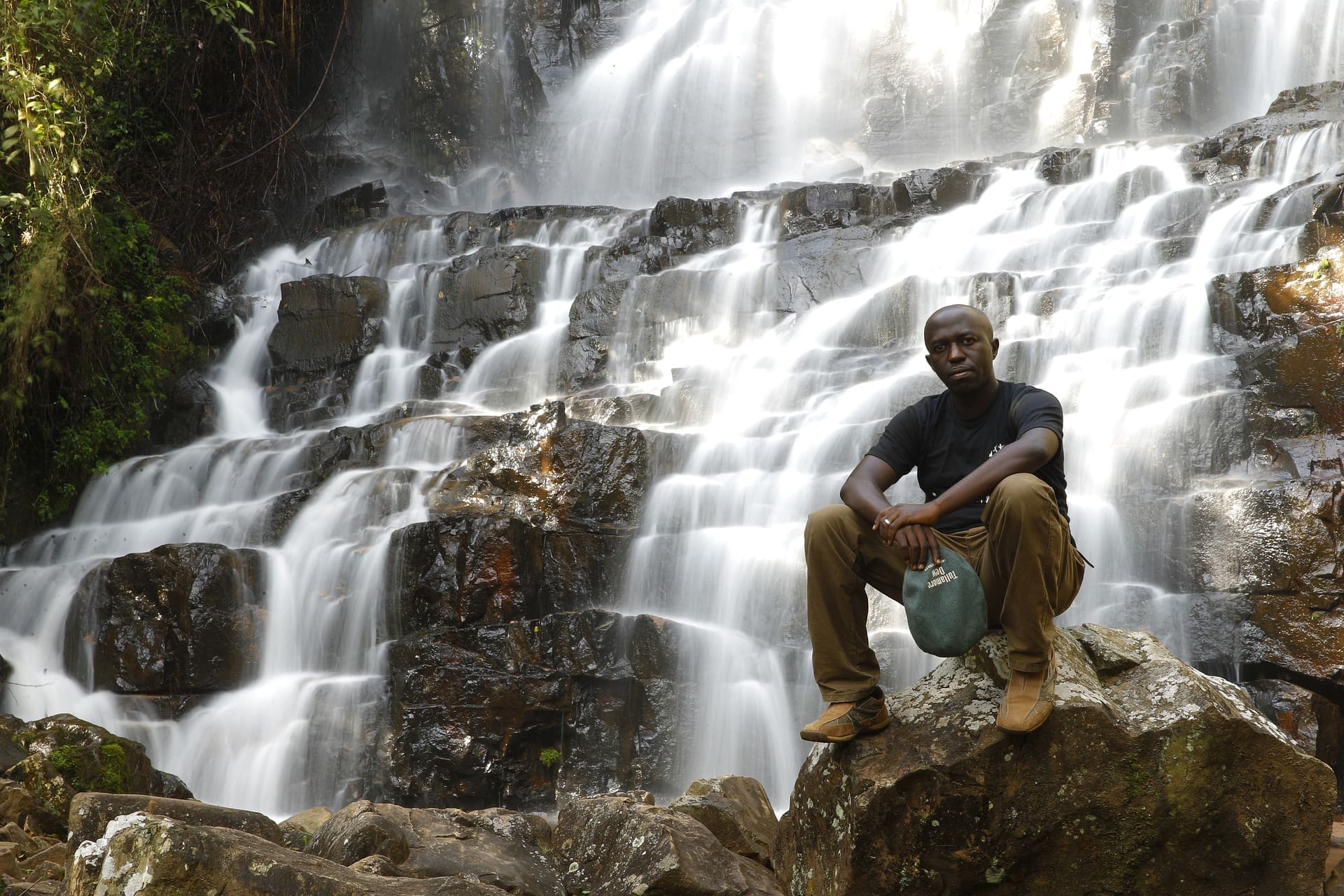
Karera Waterfalls
Located in the eastern part of the country, the Karera Waterfalls are a picturesque natural attraction. These cascading falls surrounded by lush greenery create a serene and mesmerizing ambiance. Visitors can hike through the scenic trails and enjoy the beauty of the falls.
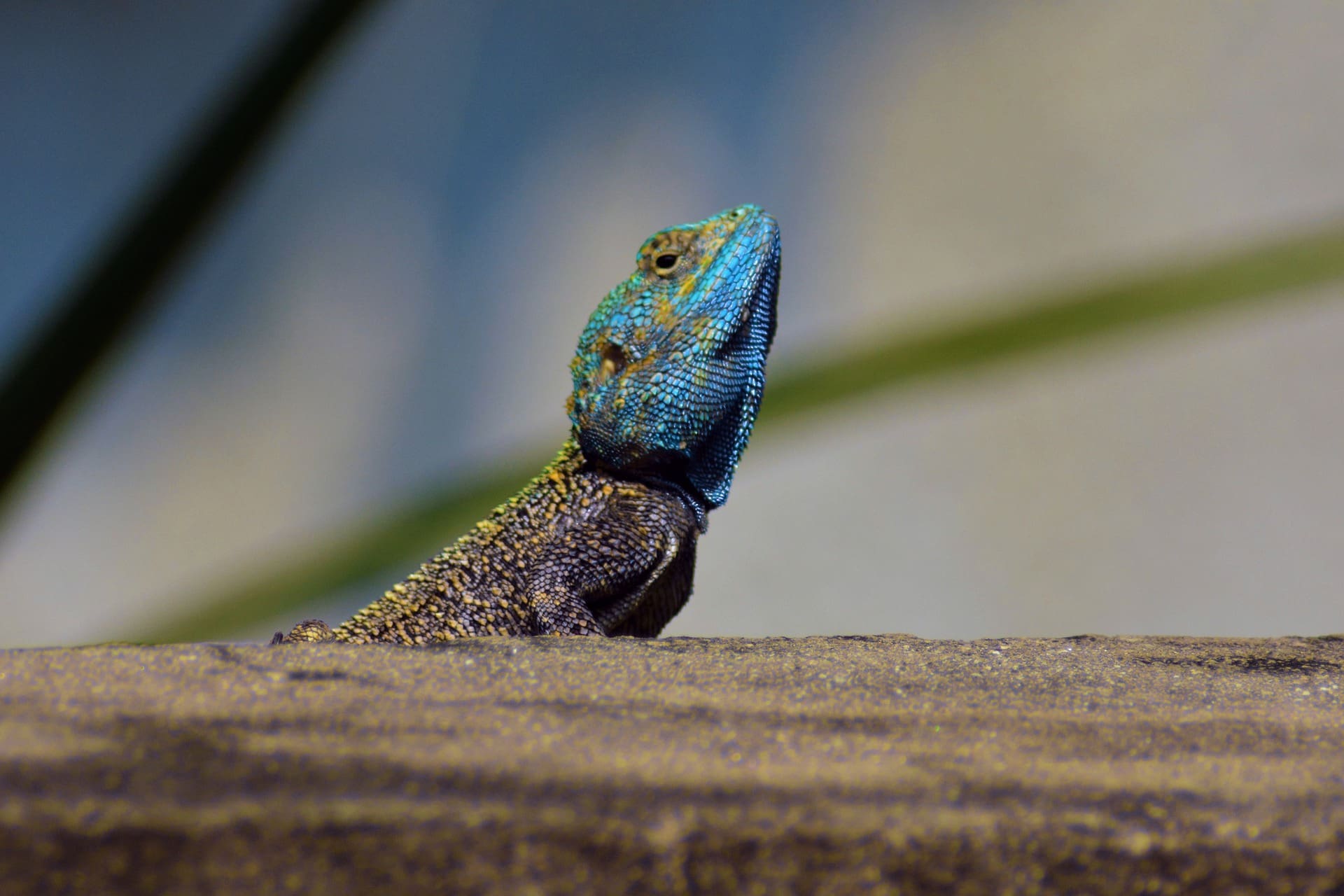
Rusizi National Park
This national park, situated near the capital city of Bujumbura, is known for its diverse wildlife and beautiful landscapes. It offers opportunities for wildlife viewing, including hippos, crocodiles, various bird species, and colobus monkeys. The park allows visitors to take boat trips on the Rusizi River and explore the lush vegetation of the region.

Kibira National Park
Located in the northwest part of Burundi, Kibira National Park is a biodiverse forest reserve. It is home to a variety of wildlife, including chimpanzees, monkeys, and numerous bird species. Visitors can explore the park through guided hikes, nature walks, and birdwatching.
Note: These highlights provide just a glimpse of the natural beauty, cultural heritage, and wildlife experiences that Burundi has to offer. The country has much more to explore, including its vibrant markets, cultural festivals, historical sites, and friendly local communities.
How to get there
Getting to Burundi typically involves a combination of air and land travel. The main point of entry is the international airport in Bujumbura, the capital city. Here are some common routes and transportation options to reach Burundi:
By Air:
Many international airlines operate flights to Bujumbura International Airport. Connecting flights can be booked from major airports in neighboring countries such as Kenya, Ethiopia, Rwanda, Tanzania, and Uganda. From Europe or other continents, travelers can find connecting flights through major hubs like Addis Ababa, Nairobi, or Istanbul.
By Land:
If you are already in a neighboring country, you can reach Burundi by land. Border crossings are available from Rwanda, Tanzania, and the Democratic Republic of the Congo. Buses and taxis are the common means of transportation in the region. It is advisable to check visa requirements and border conditions before planning a land trip.
Within Africa, there are also long-distance bus services that connect major cities. These buses generally operate on set routes and schedules but may require multiple transfers to reach Burundi.
Alternatively, some travelers may choose to hire a private car with a driver for a more flexible and comfortable journey. However, it is essential to ensure that the necessary documentation, such as visas and permits, are arranged in advance.
Before traveling, it is advisable to check the latest travel advisories, visa requirements, and any health-related guidelines provided by the relevant authorities. It is recommended to book flights and accommodation in advance to ensure a smooth and convenient trip to Burundi.
Visa Requirements
To enter Burundi, most visitors will require a visa. Here are the general visa requirements for traveling to Burundi:
1. Visa Application: Visitors need to complete a visa application form accurately and provide all the necessary information.
2. Passport: A valid passport with a minimum of six months validity beyond the intended departure date is required. The passport should have at least two blank visa pages.
3. Passport Photo: One or two recent passport-sized photographs are typically required with the visa application. The specific dimensions and specifications may vary, so it’s best to check with the Burundian embassy or consulate in your country.
4. Invitation or Accommodation Details: Visitors may need to provide proof of accommodation reservation, such as a hotel booking confirmation. Alternatively, if you have an invitation from a host in Burundi, you may need to provide a letter of invitation.
5. Travel Itinerary: Some visa applications may require a copy of the travel itinerary, including details of flight bookings and duration of stay in Burundi.
6. Yellow Fever Vaccination: It is recommended, and sometimes mandatory, to have a valid Yellow Fever vaccination certificate when entering Burundi. Check the latest health requirements.
7. Visa Fee: Visa fees vary depending on your nationality and the type of visa you are applying for. Check the current fees and payment methods required by the Burundian embassy or consulate.
It is crucial to note that visa requirements and procedures can change, so it is advisable to check with the nearest Burundian embassy or consulate well in advance of your planned travel. They will be able to provide the most accurate and up-to-date information regarding visa requirements for your specific situation.

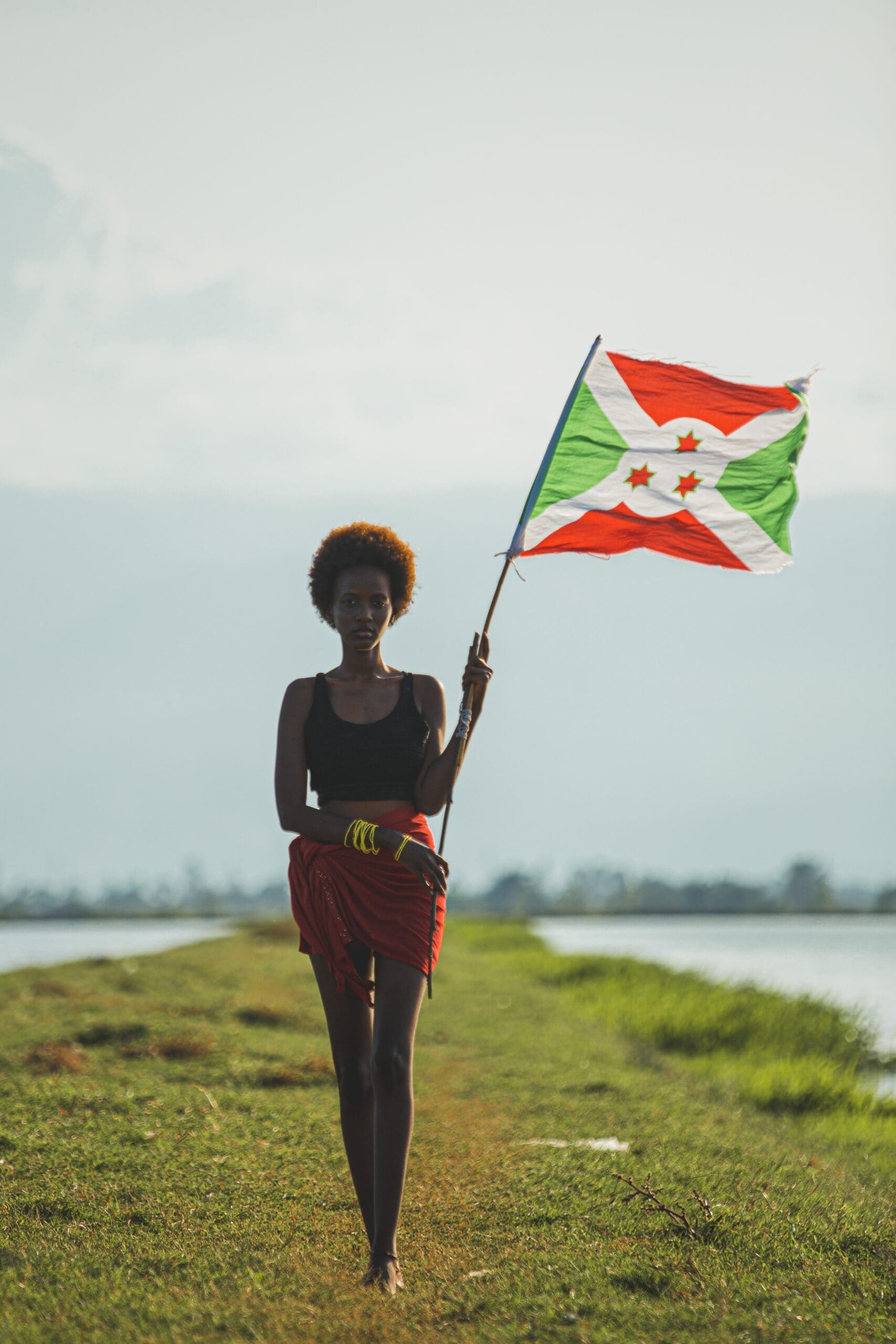
Travelling Budget
The cost of traveling to Burundi can vary depending on several factors, including your travel style, accommodation choices, dining preferences, and the activities you plan to undertake. However, here is a rough estimate of a daily budget for a mid-range traveler in Burundi:
Accommodation: Mid-range hotels and guesthouses in Burundi typically range from $30 to $80 per night. Cheaper options like hostels or budget hotels may be available for around $20 per night.
Transportation: Local transportation in Burundi, such as shared taxis or minibusses (known as matatus), is generally affordable, with prices ranging from $0.50 to $1 per journey. Renting a private taxi for longer distances may cost around $20 to $40.
Food: Eating at local restaurants or street food stalls in Burundi is relatively inexpensive. A basic meal from local eateries can cost between $3 to $7, while dining at mid-range restaurants may range from $10 to $20 per meal.
Activities: Entrance fees for attractions, national parks, and guided tours can vary, ranging from $5 to $50 per person, depending on the specific activity and location. It’s recommended to research and plan your activities in advance to have a better idea of the costs involved.
Miscellaneous: It’s advisable to allocate some budget for incidentals such as bottled water, snacks, souvenirs, and additional expenses. A daily allocation of $10 to $20 should be sufficient.
Overall, a mid-range traveler can expect to spend approximately $50 to $100 per day in Burundi, excluding international flights. However, it’s essential to note that these figures are rough estimates, and actual expenses can vary based on individual preferences, travel arrangements, and the duration of your stay. It’s always recommended to plan a budget, research prices in advance, and have some contingency funds for unexpected expenses.
What makes your journey easier
Everything you need to know about what to bring to make your travels easier, more safe and fun
Be Mindfull
Gadgets
Gear
Insurance
Visa



